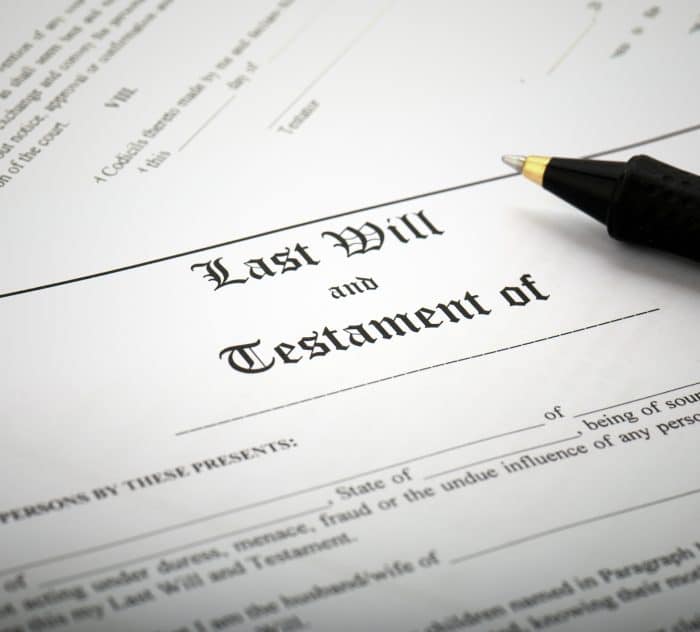While most people have heard that they need an “estate plan,” few understand what the estate planning process entails. Even the most basic estate plans contain most, if not all, of the following documents:
- Last Will and Testament. When most people think of an estate plan, the first document that comes to mind is a Will. Your Will generally disposes of your property at your death, and if you do not have a Will, your assets will be distributed under the intestacy laws of your state, which may not result in your intended beneficiaries receiving your assets. Your Will also will contain your choice for your personal representative of your estate and the guardian of your minor children.
- Revocable Trust. Many people also include a revocable trust as a part of their estate plan. A revocable trust works with your Will to control the disposition of your assets at death. Revocable trusts offer certain benefits that a Will does not, including privacy, and any assets in your revocable trust at death avoid the “probate process,” which is the court-supervised process of distributing your assets to your beneficiaries at your death.
- Beneficiary Designations and Joint Ownership. Most people do not realize that they own assets that will not be controlled by their Will. Life insurance and qualified retirement accounts (401(k)s, IRAs, etc.) will pass to those beneficiaries you designate on a beneficiary designation form with the life insurance company or account custodian, and thus your Will generally will not control these accounts. Similarly, you may own certain financial accounts jointly with another person who will be the sole owner at your death (i.e., a joint bank account with your spouse), or you may have designated someone to receive an account at your death (“pay-on-death” or “transfer-on-death” accounts). As with life insurance and qualified retirement accounts, your Will generally will not control these assets either. It is important that your estate plan address these accounts and beneficiary designations to ensure your desired beneficiaries receive your property at death.
- Durable Financial Power of Attorney. Everyone should have a durable financial power of attorney, which designates the person (“agent”) who will help you manage your finances in the event you are unable to do so yourself because of death, disability, physical absence, etc. Most people also designate successor “agents” to act in case the first person they name becomes unable to act.
- Health Care Power of Attorney. A health care power of attorney designates certain individuals to make health care decisions for if you are unable to make them for yourself. People generally name trusted family members and/or friends to serve as their health care agent and successor health care agents. The people you name in this document will also be able to receive certain medical information from your medical providers, which may be difficult or impossible to obtain without this document.
- Advanced Directive for a Natural Death. This document is also known as a “living will,” and you use this document to express your wishes with regard to life-prolonging measures at the very end of your life. In this document, you may authorize the withholding of certain life-prolonging measures and specify which measures, if any, you would like to receive in the event you are at the end of your life as a result of a terminal illness, permanent coma, or advanced dementia.
The trust and estate attorneys listed on this page can help you craft the above documents, as well as more complex documents if needed, to help ensure that you accomplish your estate planning goals.
◀︎ Back to All Trusts & Estates





